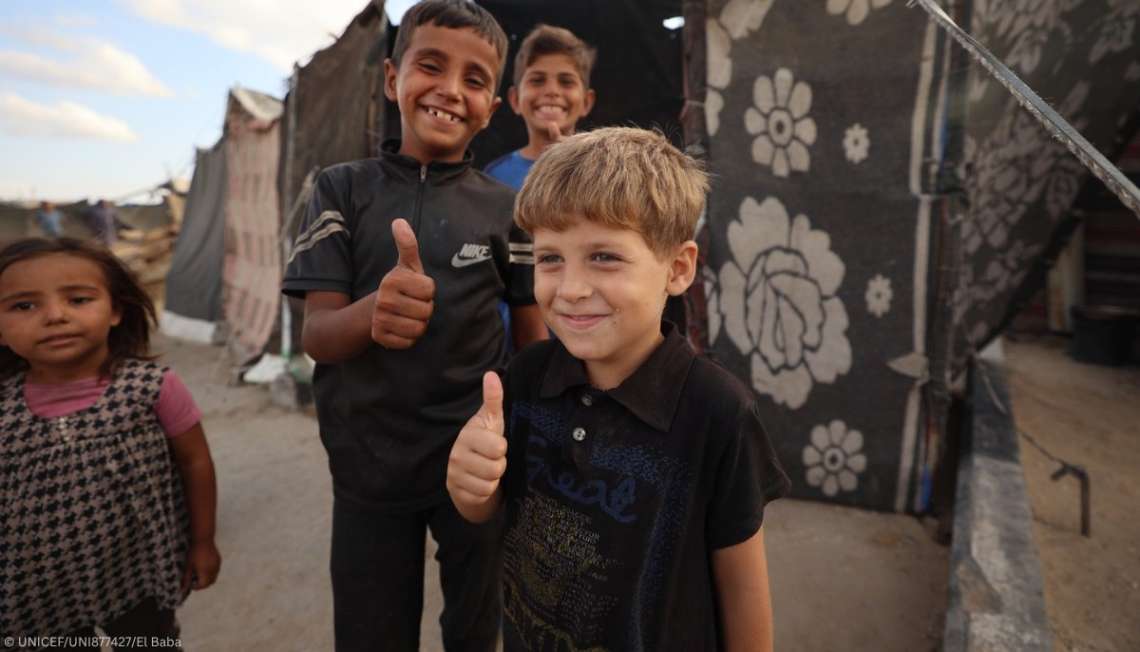 Iraqi authorities have decided to extend the incumbent curfew to another week after the total number of COVID-19 cases in the country jumped to more than 11,000.
Iraqi authorities have decided to extend the incumbent curfew to another week after the total number of COVID-19 cases in the country jumped to more than 11,000.
The decision was made after a meeting by the Higher Committee for Health and National Safety headed by Prime Minister Mustafa al-Kadhimi on Saturday, reports Xinhua news agency.
The committee took several measures including the continuation of the current full curfew until June 13, and then replacing it with a partial curfew on June 14 from 6 p.m. to 5 a.m., al-Kadhimi’s media office said in a statement.
The committee also prevented the movement between the provinces, except for the health, security and public service personnel, and ordered the security forces to tighten the control of the implementation of the health restrictions through preventing all forms of gatherings.
The restrictions included preventing people from going outside without wearing masks.
Food and vegetable shops, bakeries and pharmacies are allowed to open, the statement added.
Al-Kadhimi explained that the increase of test capacity by the health teams led to the latest increase of COVID-19 cases. The Health Ministry said in a statement on Saturday that the total number of COVID-19 cases in the country increased to 11,098 after a record of 1,252 daily infections were added.
The Health Ministry said in a statement on Saturday that the total number of COVID-19 cases in the country increased to 11,098 after a record of 1,252 daily infections were added.
It also said that 33 people died from the coronavirus during the day, in the highest single-day rise so far, bringing the death toll in the country to 318, while 4,904 patients have recovered.
The Iraq Health Ministry said in a statement that the current increase of the infections of the disease is within the capability and the capacity of the ministry.
The ministry’s strategy also includes searching for the infected people in their homes, as a large number of cases were detected in the neighbourhoods, he said.
The latest COVID-19 infections came a day after the Iraqi authorities imposed a week-long curfew starting from May 31 to June 6 after a meeting of the Higher Committee for Health and National Safety, headed by Prime Minister Mustafa al-Kadhimi.

The committee ordered the security forces to tighten the control of the implementation of the health restrictions through preventing all forms of gatherings that contribute to the spread of the virus.
Since the outbreak of the disease, Iraq has been taking measures to contain the outbreak of COVID-19 pandemic, including a nationwide curfew.
China has been helping Iraq fight the COVID-19 pandemic, through enhancing Iraq’s capability of containing the spread of the contagious disease.
From March 7 to April 26, a Chinese team of seven medical experts spent 50 days in Iraq to help contain the disease, during which they helped build a PCR lab and an advanced CT scanner in Baghdad.
Since March 7, China has also sent three batches of medical aid to Iraq.
Saudi mosques again shut
Saudi authorities have closed down 39 mosques in the Kingdom after coronavirus infections were suspected among worshippers or those in charge of the sites, state media reported.
The decision was taken by the Ministry of Islamic Affairs and Call as part of strict health measures to curb the spread of the highly contagious disease, Gulf News reported on Saturday citing Saudi-owned television Al Arabiya as saying.
Those mosques were being sterilized, Al Arabiya added without specifying their locations.
Last week, Saudi Arabia reopened mosques except in Mecca, in line with a plan to gradually return to normal life.
Authorities have put in place a set of precautions for performing group prayers in mosques.
They include opening mosques 15 minutes before the Adhan and close them 10 minutes after the end of the prayer with the interval between the Adhan and the start of the prayer shortened to 10 minutes.
Worshippers are kept apart with a distance of two metres. Children under 15 are barred from going to mosques as a preventive measure.
Likewise, mosque classes and the Holy Quran memorisation gatherings are suspended.
Worshippers have their temperatures checked before they are allowed into the mosques.
In March, the Kingdom closed the mosques as part of strict measures to curb the spread of the virus.








